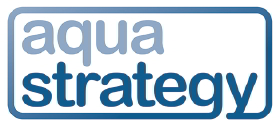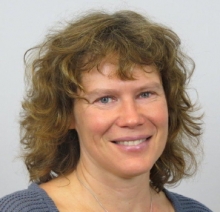- News
Issue:
The European Environment Agency has highlighted key enabling factors that are likely to form the focus of practical actions as Europe moves forward with efforts to create a circular economy.
Progress in areas such as use of innovative business models, eco-design, extension of product life through reuse and repair, and waste generation are identified as having an important role to play.
In December, the European Commission published a new circular economy strategy document. One of the responses from the European Environment Agency has been to launch a series of reports to be published over the coming years to support Europe’s progress in this area.
The move towards a circular economy is going to require widespread action to change the use and flows of materials and energy. The EEA’s first report, ‘Circular economy in Europe – developing the knowledge base’, notes that current thinking is fragmented, but that key characteristics of a circular economy can be seen as including less input and use of natural resources, an increased share of renewable and recyclable resources and energy, and reduced emissions, for example. These characteristics will need to be achieved by a mix of enabling factors.
The types of innovative business models envisaged, for example, include service and function-based business models, rather than ones based on the purchase of physical products. Business models based on treating wastes as a resource is another example. Alongside this, innovations in business finance mechanisms will be needed, to support cash flow for service-based approaches, for example. At the same time, policy innovations will be needed to allow the innovative business models to become established.
Europe’s long-term goal is to achieve a vision by 2050 of ‘living well within the limits of the planet’. The move towards a circular that is going to be needed if this is to be achived is only just beginning, and the EEA report outlines also the huge amount of progress that is going to be needed in order to monitor progress and the complexities of setting Europe’s efforts in the wider global context.
Keywords:
- Europe, circular economy






